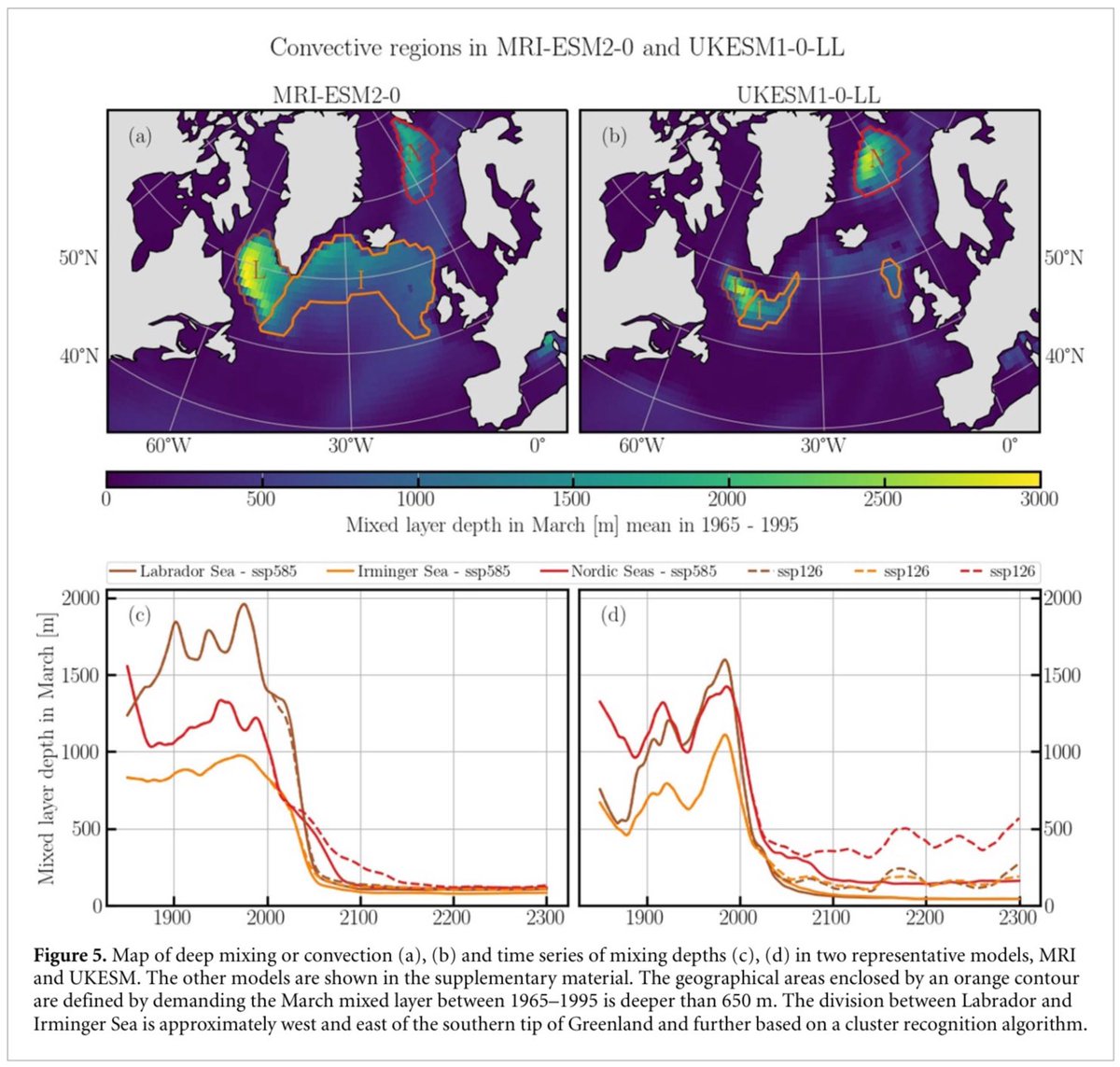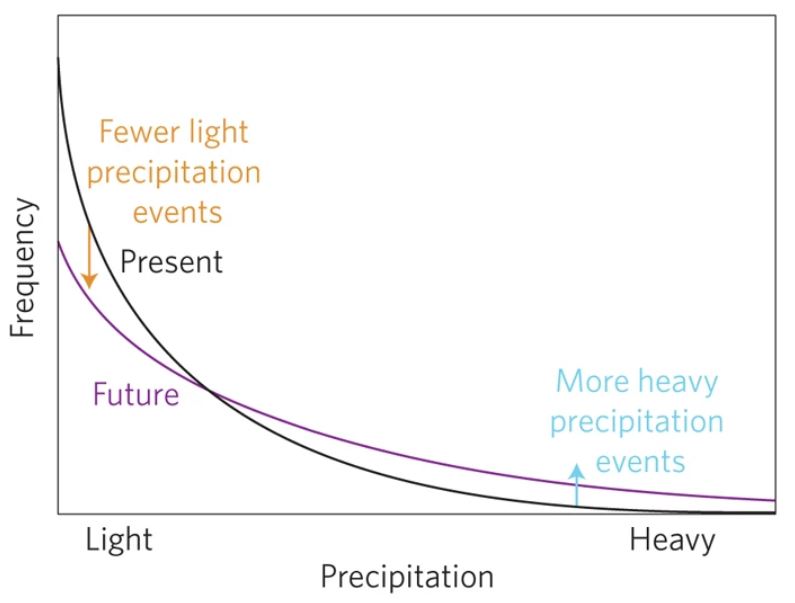Es freut mich, dass viele hier auf den Unterschied von Wetter und Klima hinweisen! Aber wussten Sie auch, dass der Klimawandel inzwischen schon im täglichen Wetter nachweisbar ist? ethz.ch/de/news-und-ve…
Wer sich für die langfristige Temperaturentwicklung in 🇩🇪 interessiert:
https://twitter.com/rahmstorf/status/1289103092336726016
Und unser Spektrum-Artikel zur Häufigkeit von Hitze- und Kälterekorden (pdf): pik-potsdam.de/~stefan/Public…
Rückblickend brachte der Tag zahlreiche neue Septemberrekorde in Deutschland, Holland, Belgien. Einige Kommentare meinten offenbar, ich wolle damit etwas beweisen - aber dass es wärmer wird und Rekorde immer häufiger ist natürlich längst bewiesen.
https://twitter.com/extremetemps/status/1305940792339509248
Ein einzelnes Extremereignis ist immer nur eine Illustration des zugrunde liegenden Trends, aber für Laien ist der Link zur konkreten Erfahrung offenbar wichtig. Mein Tweet der Wetterkarte bekam 10x mehr ❤️ als mein Tweet der langjährigen Datenkurve.
• • •
Missing some Tweet in this thread? You can try to
force a refresh
















